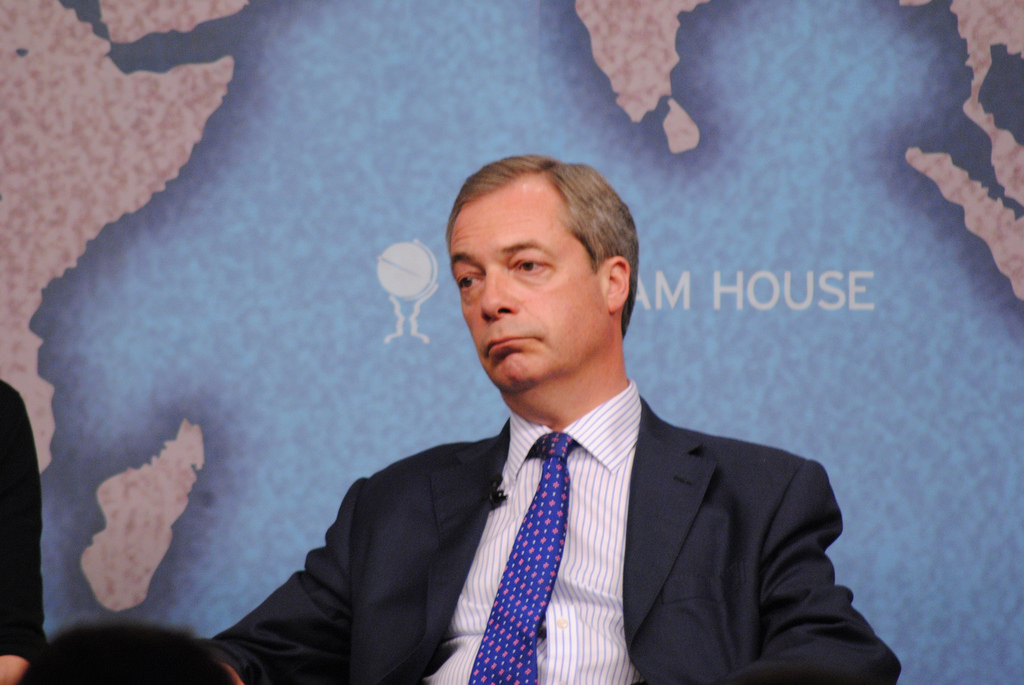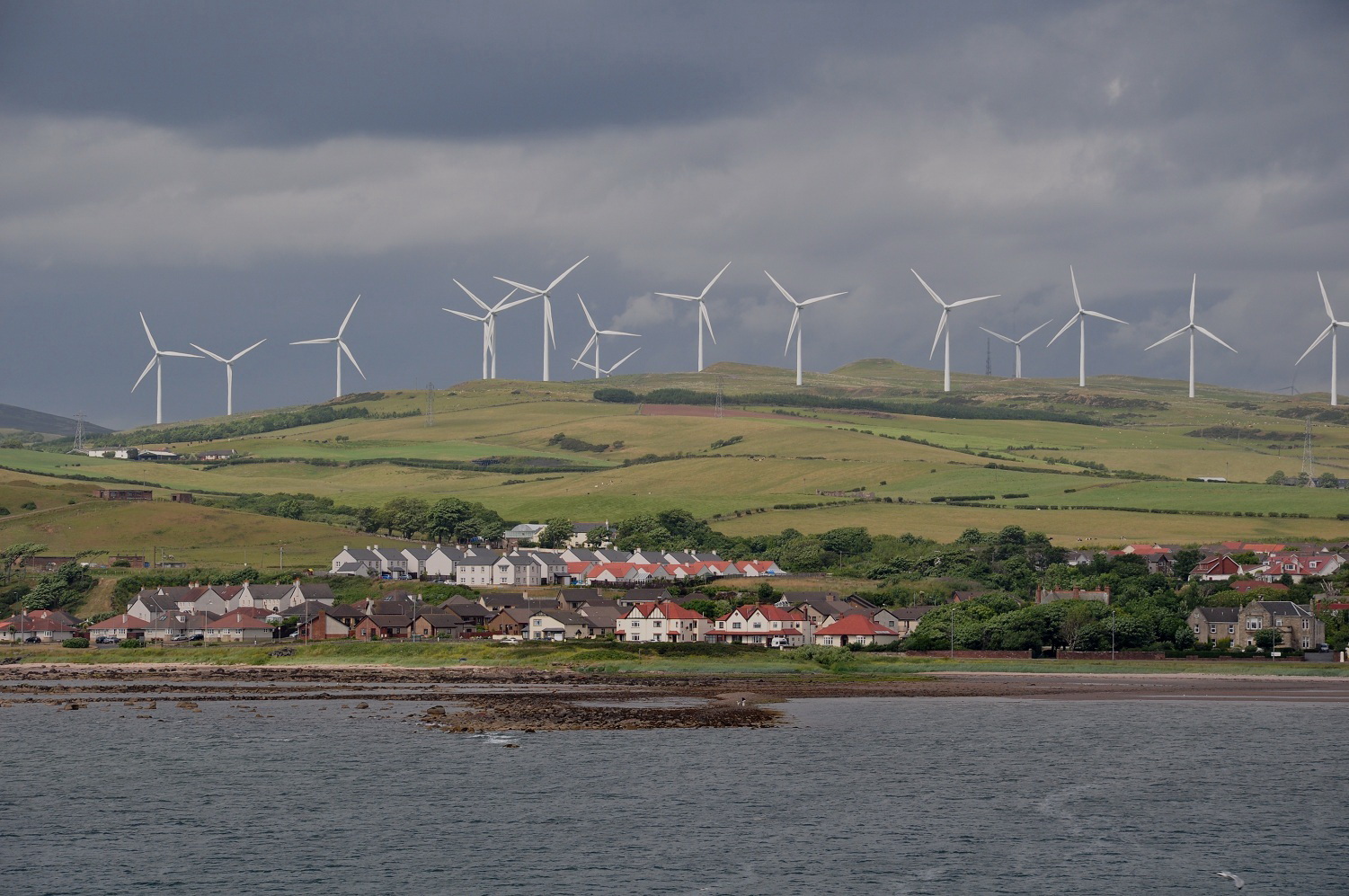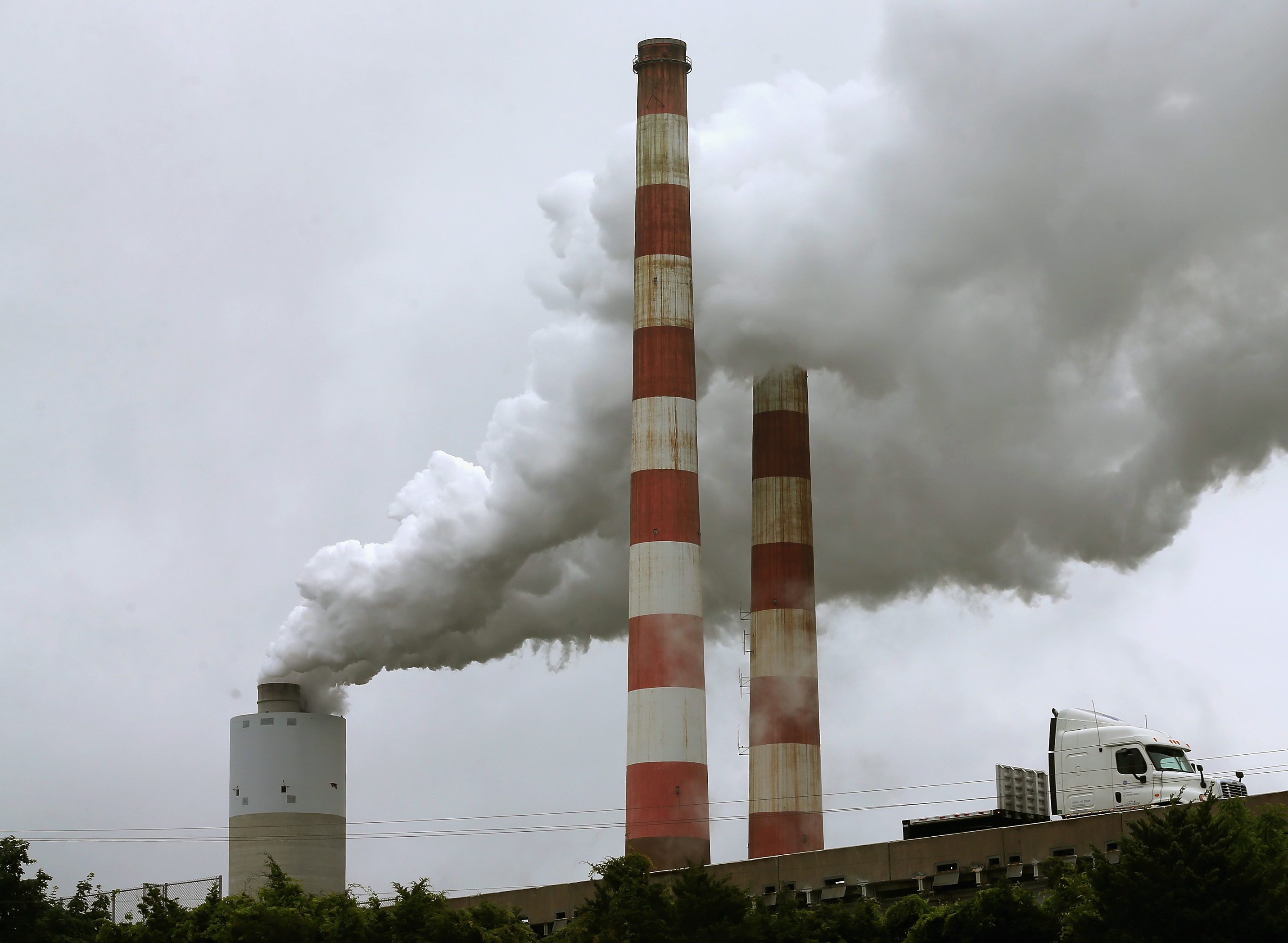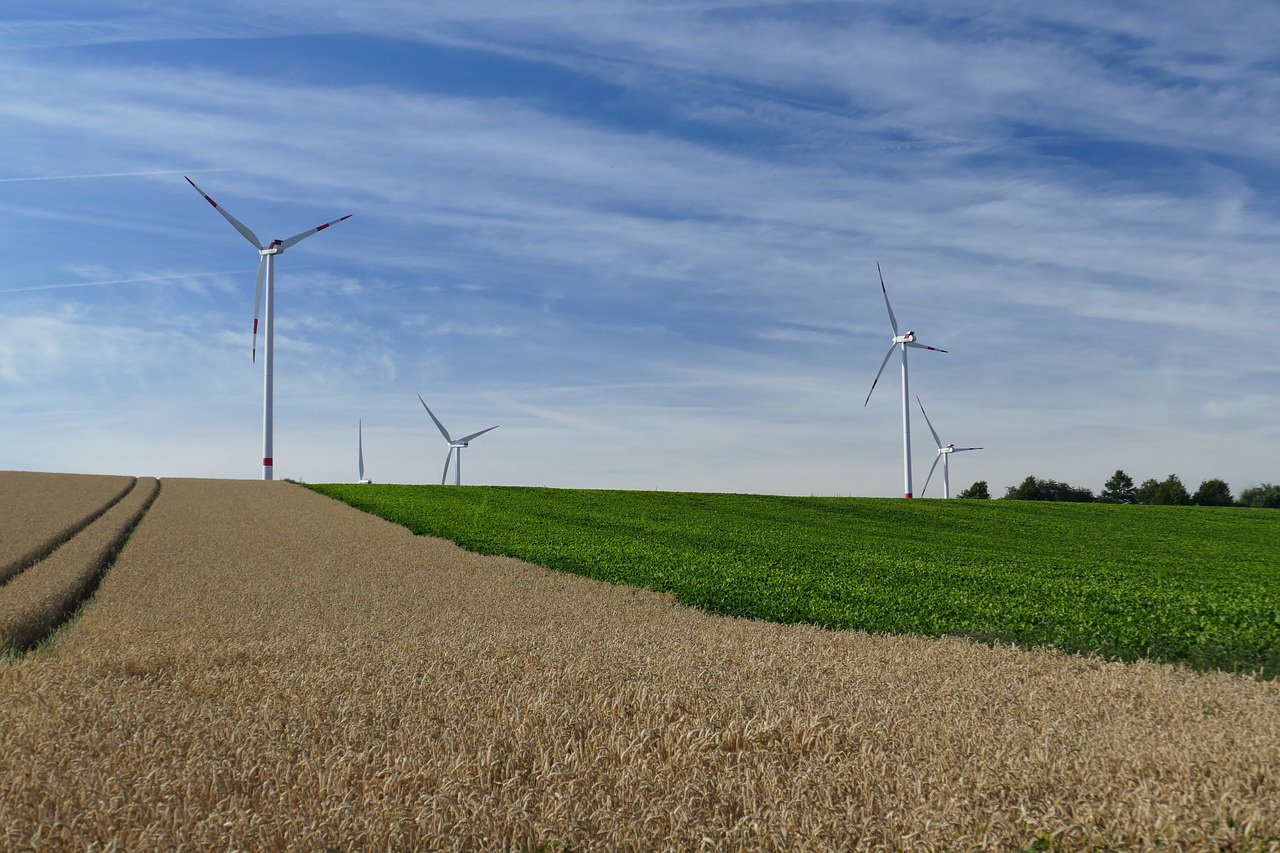POLITHEOR
European Policy Network
energy policy
- Home
- energy policy

The irony of a UK exit that Brexiters are missing0
- Environment and Energy, Op-ed
- 08/06/2016
As pro-Brexit voters push for Britain to leave the EU, their arguments fail to take into consideration the paradox that their leaving might cause: the UK’s move from prominent policy maker within Brussels, to being at the whim of decisions made in the EU without their input. The UK march for autonomy would in fact be undermined by the geography and trade links that would likely ensure a sustained close relationship between the UK and the EU, governed by the very EU energy policy that the ‘out’ campaign are trying to escape.
READ MORE
EU climate policy: Energy market integration as political disintegration?0
- Environment and Energy, Op-ed
- 29/03/2016
Climate and energy policy are no match made in heaven. For Poland the EU’s climate policy ambitions are particularly hard to swallow. The government’s reluctance to transform its coal-based electricity sector puts the EU climate policy and energy market integration to the test.
READ MORE
Which way for Scottish wind energy?0
- Environment and Energy, Op-ed
- 20/04/2015
Scotland’s vast wilderness and potential for development in wind and wave energy has earned it the label of the ‘Saudi Arabia of renewables’; a concept that the SNP were quick to seize on during their campaign for independence.
READ MORE

Energy-related CO2 emissions stabilized in 2014 – so what?0
- Environment and Energy, Op-ed
- 13/04/2015
Thus far global greenhouse gas (GHG) emissions stabilized or decreased only in times of economic downturn, for example in 2008/09. The stabilization of energy-related carbon dioxide (CO2) emissions in 2014 when the global economy grew by 3% comes as a total surprise. What to make of this news?
READ MORE
European energy security – root cause or ultimate goal?0
- Environment and Energy, Op-ed
- 21/03/2015
Three pillars of the European Union’s energy policy are efficiency, sustainability and security of energy supplies. The questions here are: Where will the supplies come from? What is a reasonable price at a time of unstable financial environment and fiscal policies? How are these terms defined? What are the actions for their implementation?
READ MORE






